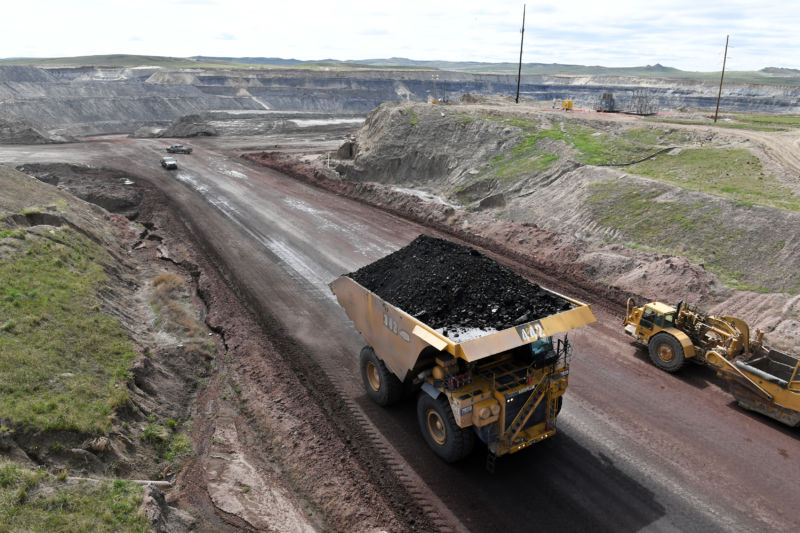Trump administration finalizes replacement for Obama’s Clean Power Plan

On Wednesday, Environmental Protection Agency (EPA) Administrator Andrew Wheeler signed the “Affordable Clean Energy” rule, known as ACE, to replace the Obama-era Clean Power Plan, or CPP.
The ACE rule was proposed last summer, and after going through the procedural steps required to enact the rule, Administrator Wheeler finally signed it today, along with an official repeal of the CPP. Details regarding the final rules have been submitted to the Federal Register, one of the last steps to making federal rules official in the US.
Obama’s CPP attempted to set federal power plant emissions limits by state. Under the CPP, states would have had an incentive to push the most-polluting power plants (in most cases, coal plants) offline sooner. But coal interests and several states and utilities challenged this rule in court. Eventually, the Supreme Court stayed the rule, so it was never actually implemented.
Now, the ACE rule requires states to set federal emissions limits by individual power plant. The rule also makes it easier for power plants to make efficiency upgrades without triggering additional repairs. This means that older coal plants may be able to boost their efficiency with new technology and stay on the grid for a longer time.
When the EPA proposed the ACE rule last year, it was also required to submit an analysis of how the change from the CPP to the ACE would affect US citizens. While the ACE rule would result in an absolute reduction of a variety of emissions (from carbon dioxide to nitrogen oxides to particulate matter) compared to nothing, the EPA’s own analysis admitted that an estimated 1,400 additional deaths would occur every year under the ACE rule compared to implementing the CPP.
In a press release today, the EPA said that states would have three years to propose pathways to complying with the ACE rule.
Still, it’s not fully apparent that the ACE rule will be the bailout the coal industry is looking for. Although coal interests called the CPP onerous regulation when it was first introduced, what has really been killing coal has been its competitors’ low electricity prices. In many places around the country, building new natural gas or renewable energy installations is cheaper than the marginal price of keeping older coal plants running.
In fact, earlier this year the Energy Information Administration (EIA) released its Annual Energy Outlook. That document projected that coal will decline faster over the next 30 years than it was projected to have declined under the CPP. And the replacement ACE rule—while intended to help coal plants become more efficient competitors against natural gas plants—might not have the pull Trump’s appointees hope. In October, Reuters published a survey of 44 US utilities that had announced a coal power-plant shutdown, and none of the surveyed utilities said that the ACE rule would change its decision to retire the coal plants in question.
https://arstechnica.com/?p=1524383